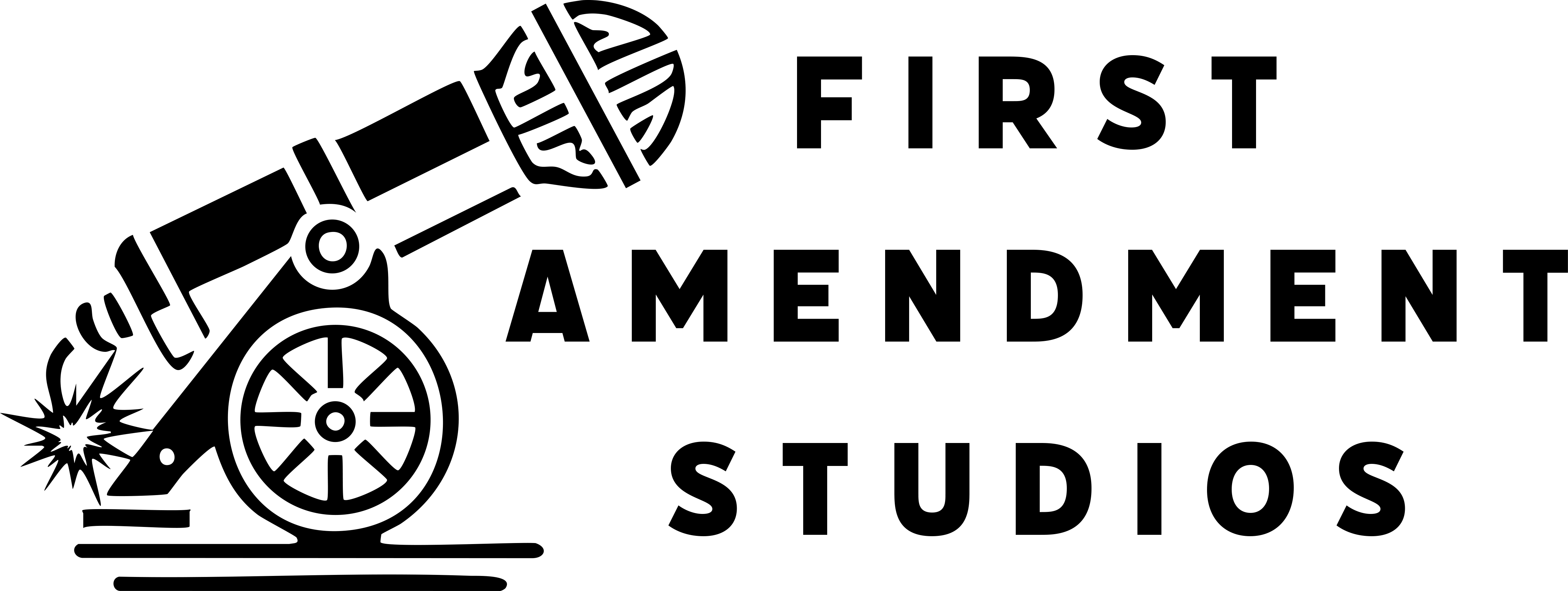Your cart is currently empty!
Core Principle
No individual, collective entity, or institution shall interfere with or diminish the sacred autonomy of any person, except where an individual’s actions directly infringe upon the autonomy of another.
Definition of Autonomy
The inherent and inalienable right of every being to self-governance over their body, mind, and life path, free from coercion, manipulation, undue influence, or external control.
The condition wherein an individual possesses full self-determination in all matters affecting their body, mind, and personal affairs, without imposition by external forces.
Definition of Sacred Autonomy
The ethical and spiritual recognition that sovereignty over one’s own person is an absolute principle deserving universal respect and protection.
Definition of Rights
Legally and ethically recognized entitlements ensuring that individuals may exercise their autonomy without infringement, provided their actions do not violate the equivalent rights of others.
Definition of a Victimless Crime
An action designated as criminal by a governing body but which involves no direct, non-consensual harm to another individual or their autonomy.
1. Bodily Autonomy and Consent
Every individual possesses exclusive authority over their own body.
This includes the right to make decisions regarding medical treatment, reproductive health, bodily modification, consumption of substances, and all matters affecting their physical being.
Consent must be voluntary, informed, and revocable at any time without penalty or reprisal.
2. Freedom of Thought, Belief, and Expression
Each individual retains the right to think freely, to form and hold beliefs of their choosing, and to express those beliefs without fear of censorship, coercion, or persecution.
Such expression is protected provided it does not constitute a direct violation of another’s autonomy.
3. Freedom of Association and Disassociation
Individuals have the right to form, maintain, or dissolve associations with others according to their own volition.
No person shall be compelled to participate in any collective, organization, or relationship against their will.
4. Privacy and Control of Personal Information
Each person has the right to privacy regarding their body, mind, communications, and personal data.
No individual or institution may collect, store, access, or distribute personal information without the informed and voluntary consent of the individual concerned.
5. Right to Self-Defense of Autonomy
Where an individual’s autonomy is directly violated, they retain the right to take proportionate, non-violative measures to restore or defend that autonomy, provided their response does not infringe upon the autonomy of uninvolved third parties.

